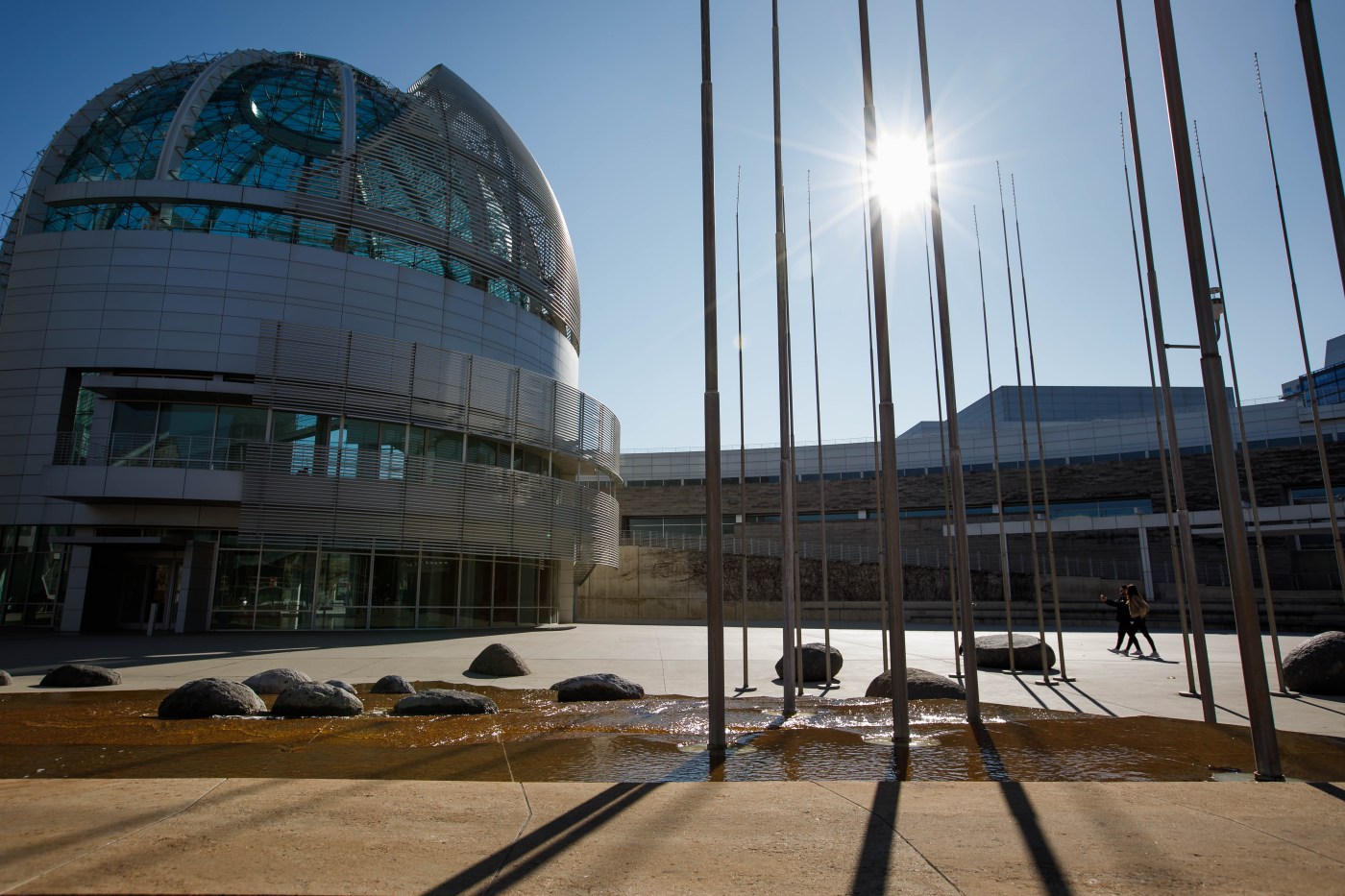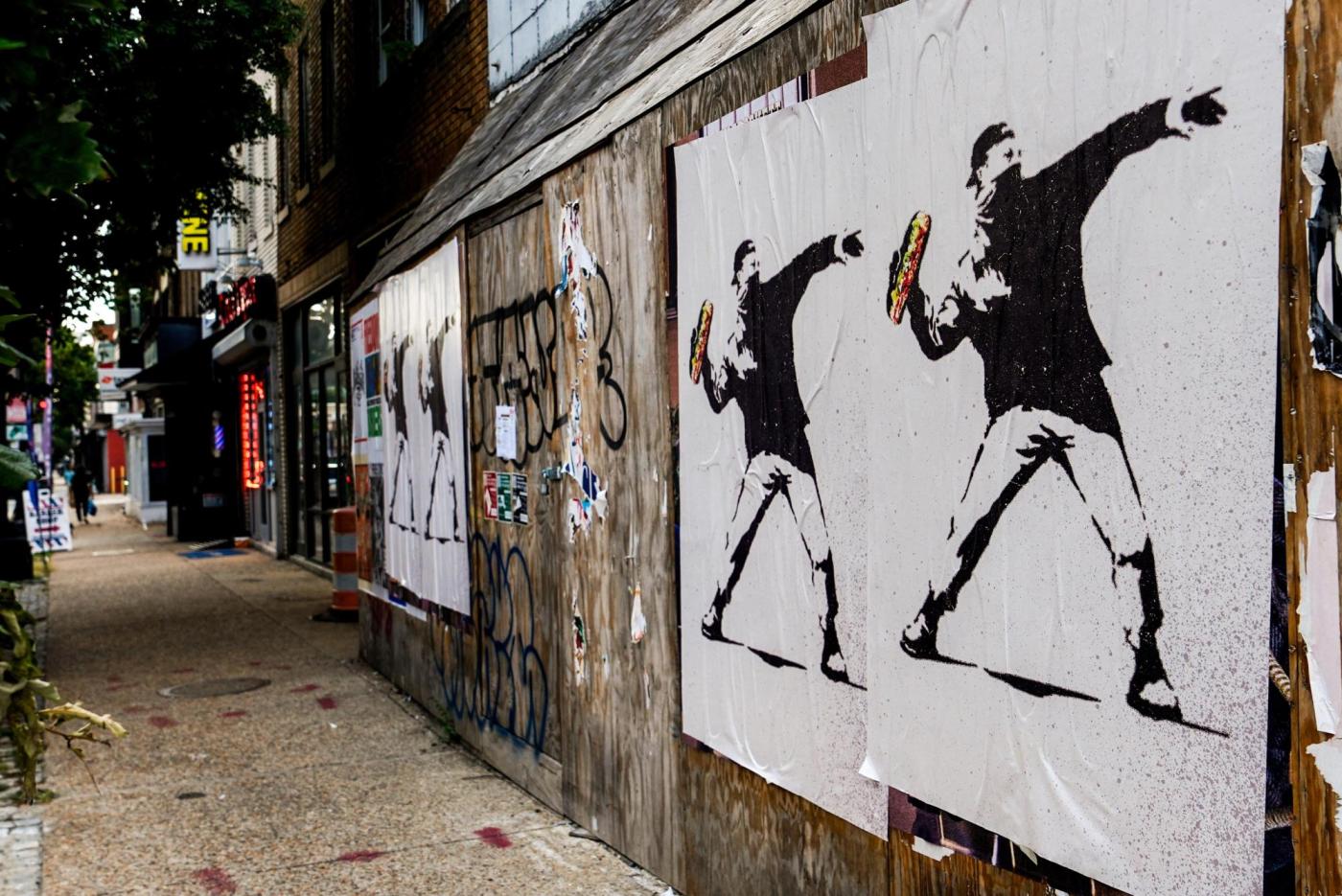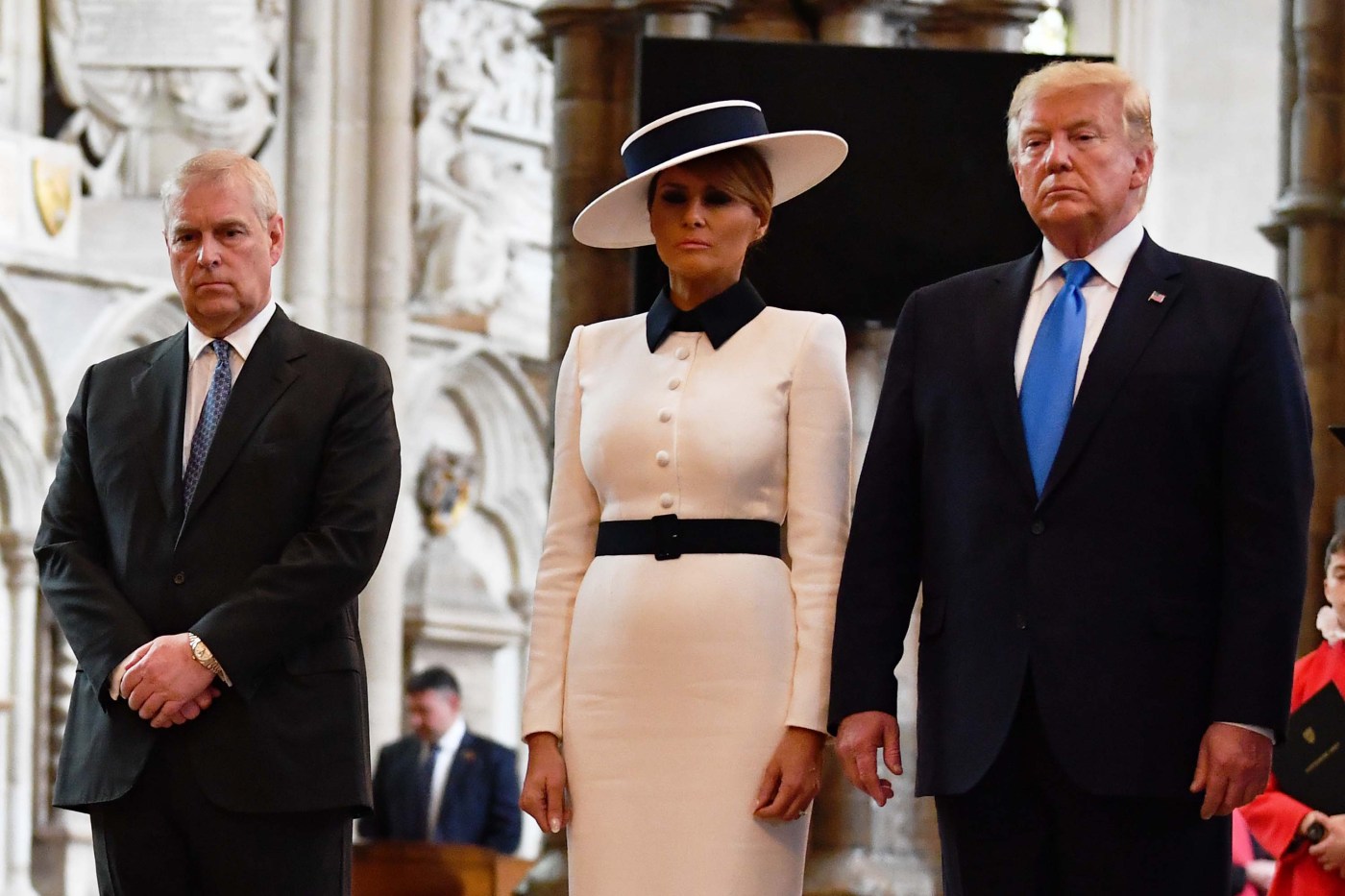The battlelines are drawn in the crowded, high-stakes San Jose District 3 City Council special election, with business and labor interests flooding the race with donations in what could become a crucial seat for control of the dais.
The ultimate winner of the April 8 special election — which could extend to a runoff on June 24 if no candidate receives more than 50% of the vote — represents a pivotal chess piece in determining how successful Mayor Matt Mahan will be in implementing his policy agenda that has faced significant hurdles during his first two years in office.
Related Articles
San Jose officials call for more analysis of airport connector proposal
Opinion: Frank Taylor leaves mixed legacy for downtown San Jose
San Jose is latest city to institute first responder fee for medical calls
San Jose toughens up unlicensed peddling enforcement efforts
Berryessa Flea Market vendors ask San Jose for more transparency, commitment amid uncertain future
“This is an important race for the city and one that I deeply care about because it will have a direct impact on our ability to increase accountability at City Hall and deliver on the outcomes that I ran for as mayor,” Mahan said. “My view is that we need significant reform in local government — not just at the city but county and state levels.”
Seven candidates are vying for the seat that represents downtown San Jose and surrounding neighborhoods after disgraced former Councilmember Omar Torres resigned due to the child molestation scandal that derailed his political career. The City Council appointed engineer and businessman Carl Salas to serve in an interim capacity until a winner is declared.
The leading contenders for the seat include Mahan’s deputy chief of staff, Matthew Quevedo, Latina Coalition of Silicon Valley Executive Director Gabby Chavez-Lopez, engineer and planning commission chair Anthony Tordillos, and Irene Smith, a pro tem judge, and the most recent challenger to Torres.
Rounding out the field is retired law enforcement officer Adam Duran, retired family counselor and former mayoral candidate Tyrone Wade and knife sharpener salesman Phil Dolan.
But while a winner could technically emerge from Tuesday’s election, pundits believe the race is slated to become a runoff between the two highest vote-getters. The contest is seemingly a toss-up between the upper tier of candidates and the rest of the pack’s ability to play spoiler by siphoning off votes in what is already a low-turnout district.
“It’s a guaranteed certainty that there will be a runoff,” said Terry Christensen, a professor emeritus at San Jose State, District 3 resident and political expert backing Chavez-Lopez. “Even the minor candidates are going to get 3, 4, 5%.”
While voter turnout is typically lower in non-presidential elections, Christensen expects residents will either meet or exceed the diminutive participation expectations, noting the strong field and the possibility that singular issues — such as the downtown digital billboard proposal passed by the City Council but adamantly opposed by the majority of the district — could drive them to the polls.
“Issues like the billboards could bring more people out to vote, but there are a number of very good candidates who are working very hard, and there has been good participation at the candidate forums,” Christensen said.
The contenders and the people backing them
Outside of a handful of issues, like opposing digital billboards, Quevedo’s bigger-picture platform closely resembles the policy agenda Mahan laid out in his budget message, focusing on tackling the homelessness epidemic, increasing community safety, cleaning up neighborhoods, growing the economy and building more housing.
Quevedo has not hidden the importance of Mahan needing six votes on the City Council to help push the types of reforms they believe will make a difference and, more recently, has resorted to framing the race as the ability to upset the apple cart of establishment politics.
Along with the endorsement of his boss, Quevedo has received the backing of several current councilmembers and former Mayors Tom McEnery and Sam Liccardo, as well as Santa Clara County District Attorney Jeff Rosen and County Assessor Larry Stone.
Chavez-Lopez, the South Bay Labor Council’s choice, has built a reputation as a coalition builder, as seen in a wide range of endorsements she has received from local, county and state leaders.
She has centered her campaign around improving safety and cleanliness, increasing housing density and streamlining development, ensuring small business success and creating a vibrant, inclusive downtown core.
Along with earning the endorsement of the more progressive wing on the City Council, she has received support from former Mayor Ron Gonzales and Santa Clara County Supervisors Susan Ellenberg and Betty Duong. Former City Councilmember and current state Sen. Dave Cortese and State Assembly Speaker Robert Rivas have also stumped for Chavez-Lopez.
“Her entire career has been dedicated to uplifting San Jose residents, advocating for policies that prioritize affordable housing, economic opportunities and a better quality of life for all,” Rivas said in his endorsement.
Tordillos has become the dark horse in the race as the Google engineer and neighborhood association president has accumulated a sizable war chest from donations despite swearing off money from corporations and lobbyists.
He has centered his messaging around representing a new generation of leadership and has identified homelessness, affordable housing development, public safety, and improving downtown vibrancy as his chief priorities.
He has earned the co-endorsement of the Santa Clara County Democratic Party — along with Chavez-Lopez — and the support of former City Councilmember and County Supervisor Ken Yeager, prominent pro-housing groups and Equality California, the largest statewide LBGTQ+ civil rights organization in the country.
Former Assemblymember Evan Low also has endorsed his candidacy, saying: “Serving San Jose in the legislature for a decade, I know Anthony Tordillos is the champion our community needs to lower costs and restore trust in City government.”
While business and labor interests have chosen sides, Smith has joined Tordillos in creating an image focused on policy and independence.
As the most recent challenger to Torres, she has a built-in base and some name recognition, giving her hope as the other contenders massively outraise and outspend her.
Her priorities have centered around bigger, faster, more cost-effective homelessness solutions, fiscal responsibility, spurring downtown business and improving the citizen input process.
Smith’s endorsements include Families & Homes San Jose, the United Housing Alliance and Citizens for Fiscal Responsibility.
“She is committed to transparency, advocating for a more open and accessible government where residents have a clear understanding of how financial decisions are made and our tax dollars are spent,” the Citizens for Fiscal Responsibility board said.
The mudslinging begins
If the race were based solely on fundraising, Quevedo, Chavez-Lopez and Tordillos would be the clear frontrunners, each pulling in north of six figures while no other campaign has surpassed $40,000.
Multiple political action committees have also dumped hundreds of thousands of dollars into the election, either propping up their preferred candidates or muddying what had been a clean race with mailers and campaign literature disparaging their opponents.
For example, the Working Families in Support of Gabby Chavez-Lopez for City Council 2025 committee has targeted Quevedo in mailers for referring to Elon Musk as “my hero” in a 2015 tweet while pairing the social media post with Musk’s infamous gesture at this year’s inauguration that Democrats tried to paint as a Nazi salute.
Meanwhile, mailers sent out by the California Real Estate Independent Expenditure Committee and the Silicon Valley Biz PAC have called Chavez-Lopez deceitful and exploitative of the housing crisis.
But while candidates can usually expect mudslinging as part of the election process, the PACs, and more importantly, the groups funding them, have become a topic of interest.
Quevedo’s and Tordillos’ campaigns have blasted Chavez-Lopez, pointing to how the Working Families PAC received sizable funding from a statewide committee that has received donations from the oil corporations and major companies like PG&E.
But as independent expenditure committees inundate residents with campaign material, Smith questioned how effective the messaging would be, saying it was “out of touch” with what the district wants and is about.
“It’s definitely an advantage for our campaign because people rely on us for policy,” Smith said. “All of this mudslinging is a shiny distraction away from the issues that are actually impacting our quality of life.”





